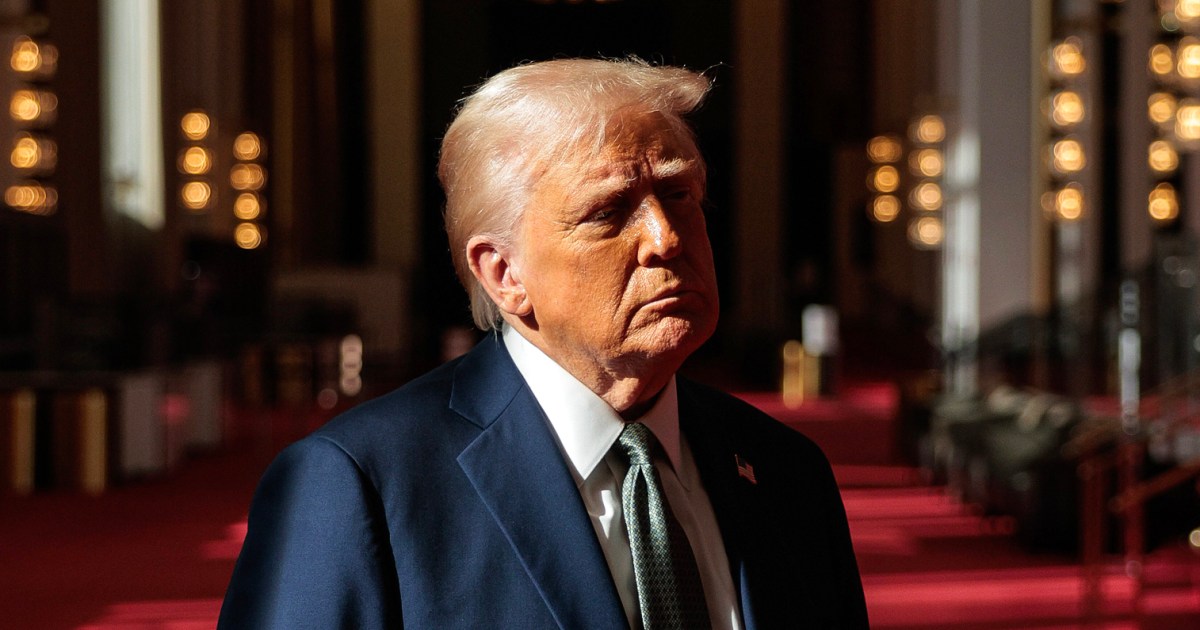Trump's FTC Shakeup: Defying the Supreme Court's Guidance on Agency Independence?
The Federal Trade Commission (FTC) is facing a storm of controversy following recent personnel changes under the Trump administration, prompting accusations of interference and disregard for Supreme Court precedent on agency independence. This shakeup raises significant questions about the FTC's ability to effectively regulate businesses and protect consumers.
A History of FTC Independence
The FTC, established in 1914, holds a crucial role in maintaining fair competition and preventing anti-competitive practices. Its independence from political influence has historically been considered paramount for its effectiveness. The Supreme Court has consistently emphasized the importance of this independence in several landmark cases, emphasizing the need for agencies to operate free from undue political pressure.
Key Supreme Court Precedents
Several Supreme Court cases have solidified the principle of agency independence, including:
- Humphrey's Executor v. United States (1935): This case established that independent agencies, unlike purely executive branch agencies, are shielded from direct presidential control, ensuring their ability to act impartially.
- Morrison v. Olson (1988): This case further refined the understanding of agency independence, affirming the constitutionality of the independent counsel provision, highlighting the need for agencies to operate free from partisan influence.
These rulings establish a clear legal framework for the FTC's operation, underscoring the importance of its independence from political pressures.
The Trump Administration's Actions
The recent appointments and policy shifts within the FTC under the Trump administration have raised serious concerns about potential violations of these established principles. Critics argue that these actions demonstrate a calculated attempt to undermine the agency's ability to enforce regulations effectively, particularly in areas like antitrust enforcement and consumer protection.
Accusations of Political Interference
The appointment of specific commissioners, along with changes in enforcement priorities, have fueled accusations of political interference. These concerns center around the potential for:
- Bias in enforcement actions: Critics allege that certain investigations and enforcement actions have been prioritized or sidelined based on political considerations rather than objective legal merits.
- Undermining consumer protection: Changes to enforcement guidelines and resource allocation have raised concerns about reduced protection for consumers against unfair business practices.
- Weakening antitrust enforcement: A perceived reluctance to pursue significant antitrust cases against large corporations has led to concerns about a lack of effective market regulation.
These accusations have sparked significant debate among legal scholars and consumer advocates, highlighting the potential ramifications for the FTC's future.
The Future of the FTC and Agency Independence
The FTC's ongoing struggle with maintaining its independence highlights the broader challenges faced by regulatory agencies in the face of political pressure. The Supreme Court's rulings on agency independence provide a crucial legal framework, but their effective implementation relies on a commitment to upholding these principles from all branches of government.
Calls for Reform and Accountability
The current situation underscores the need for mechanisms to ensure accountability and prevent political interference in the functioning of independent agencies like the FTC. This may include:
- Increased transparency: Greater transparency in the decision-making processes within the FTC could help to build public trust and reduce concerns about political influence.
- Strengthened ethics rules: More robust ethics guidelines for commissioners and staff could further mitigate the risk of conflicts of interest and political pressure.
- Judicial oversight: Strengthening judicial review of agency actions could serve as an important check on potential abuses of power.
The ongoing debate surrounding the FTC's independence is crucial not only for the agency itself but also for the broader health of the US regulatory system. The preservation of independent regulatory agencies is vital for ensuring fair competition, protecting consumers, and maintaining the rule of law. Failure to address these concerns threatens to undermine the integrity of these essential institutions.
Further Reading: [Link to relevant Supreme Court case summaries] [Link to reputable news articles on FTC controversies]
Call to Action: Stay informed about developments within the FTC and advocate for strong, independent regulatory agencies. Contact your elected officials to voice your concerns.
